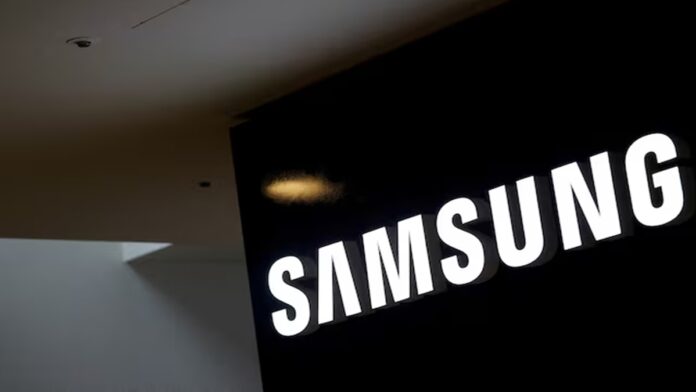Less than a month after ending their strike, the Samsung India Workers’ Union (SIWU) has threatened to issue a fresh strike notice, citing unfair labour practices and alleged vindictive actions by Samsung India management.
The decision was taken at a general body meeting in Kancheepuram on Sunday, which was reportedly attended by over 1,000 workers. SIWU President and CITU district secretary of Kancheepuram, E Muthukumar, confirmed the development to FE. “We will issue a fresh strike notice on Wednesday,” he said.
He alleged that Samsung India management is taking vindictive action against 23 workers who were suspended during a month-long strike by a section of workers at Samsung India’s manufacturing unit in Sriperumbudur, Chennai, from February 5 to March 7. “One of the primary demands of the union is the reinstatement of 23 union office-bearers who were reportedly dismissed on false charges by the management,” Muthukumar said.
ALSO READFoxconn India unit invests $32 million in equipment for Apple manufacturing
In a statement Samsung stated: “At Samsung, employee well-being is our top priority. We treat all workers at our Chennai factory with fairness and respect, and we categorically reject any misleading claims to the contrary. Our commitment to creating a supportive workplace and industrial peace remains unwavering.”
The month-long strike at Samsung India’s Chennai unit ended on March 7 after multiple rounds of talks between striking workers and Samsung management in the presence of Tamil Nadu labour department officials. SIWU alleges that Samsung management has been taking retaliatory actions against workers who participated in the strike, including forced transfers & increased workloads.
» Read More


